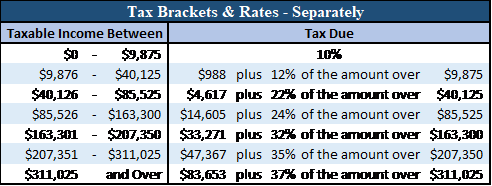The passionate people at RBG have always impressed Skeet Haag. Having a good group of people to work with was what drew him to become part of the firm. In fact, he has worked at RBG his entire career; he knows what it’s like to work your way up from an associate position. A driven worker, Skeet’s persistence, work ethic, proactiveness, and passion for helping people have been the keys to his success. A success that allowed him to become the new Managing Partner of RBG at the beginning of the firm’s second century of existence.
As the new Managing Partner in a brand new decade, Skeet answered some questions regarding his new role.
Q: At the beginning of your career, what inspired you to choose accounting?
A: Accounting just clicked with me. I liked math, but accounting seemed much more logical. Also, both of my brothers had gone into accounting to start their business careers.
Q: Looking back at your career, knowing what you know now, is there anything that you would do differently?
A: Accounting is just one aspect of the CPA profession. In school, you are not taught that communication and people skills are just as, or even more, important to be extremely successful in this profession. Looking back, I would have taken many more writing and speech classes in college, as well as putting more focus on developing these skill sets earlier in my career.
Q: What do you consider the biggest challenge that RBG faces in the future, and how do you intend to confront it?
A: No doubt, attracting and retaining good people are the biggest challenges. While we’ve been very successful at recruiting interns from college campuses, we continually search for experienced staff who fit with our culture. 
Q: What are you most excited for, as you step into the role of Managing Partner?
A: We’ve had so many great RBG team members over the years, but I don’t remember RBG being so well positioned for the future with the talent level we have now. That’s very exciting. John [Griesbeck] has really teed it quite nicely for me going into RBG’s second century and I cannot thank him enough.
Q: What are your big-picture goals for your time at the helm of RBG?
A: People and quality growth. I have witnessed firsthand that getting the right people in the right seats working for a common goal builds a great culture; then quality growth naturally occurs. We have developed definitive people and growth goals through 2025 and processes by which to achieve those goals. RBG’s partners are true entrepreneurs committed to remaining independent – getting the right people in the right seats will ensure that destiny.
Q: How would you describe your leadership style?
A: I’d use the words teamwork and collaborative. Teamwork is a core value by which everyone at RBG is judged, and it starts with our partner group – it is non-negotiable. Much can be accomplished with everyone working together towards one goal. As John C. Maxwell said, “The truth is that teamwork is the heart of great achievement”.
The firm is excited to watch what will unfold with Skeet at the helm. John Griesbeck remains a partner at the firm, focusing on building great client relationships.







